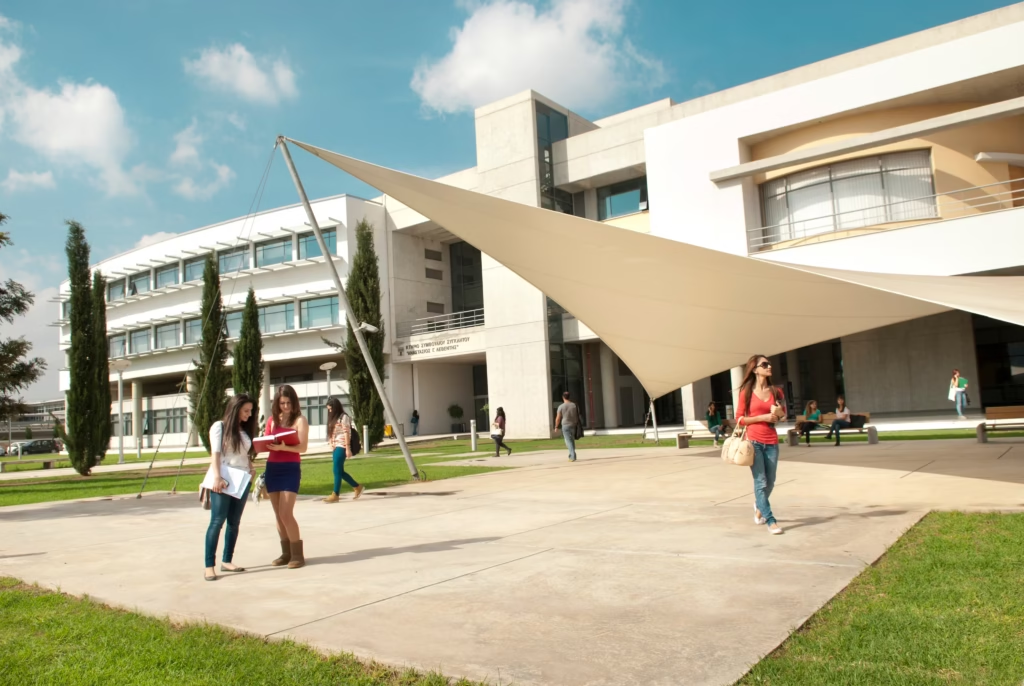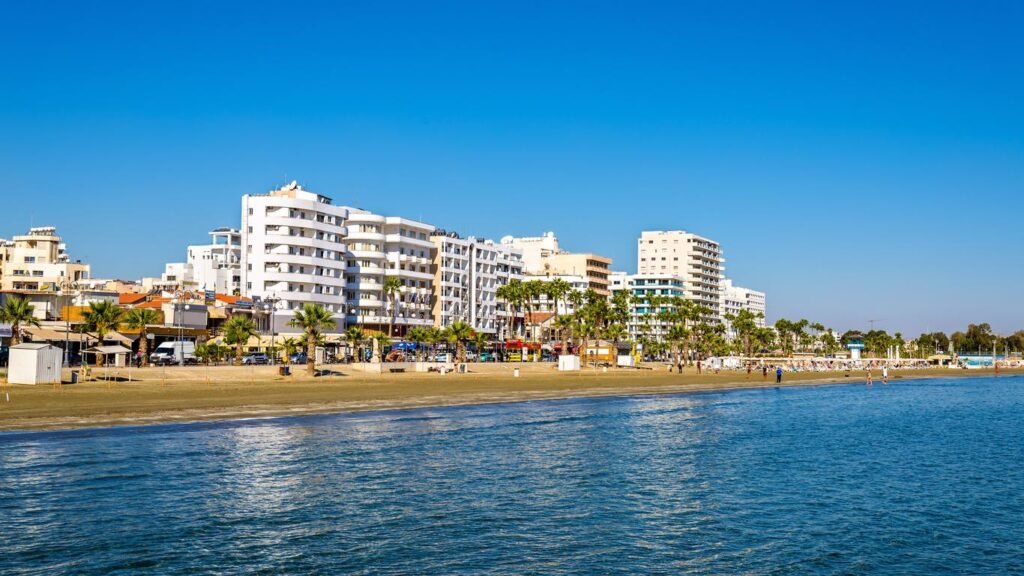
Discover Cyprus – A Mediterranean Gem for Higher Education Cyprus is a beautiful island in the eastern Mediterranean, offering a perfect blend of high-quality education, rich culture, and a safe, welcoming environment for international students. With English-taught programs and affordable tuition, it’s becoming a popular destination for students from around the world.





Public Universities – Funded by the government, high academic standards.
Private Universities – Flexible programs, smaller class sizes.
Colleges & Institutes – Specialized diplomas and foundation courses.
Bachelor’s (Undergraduate): 3–4 years.
Master’s (Postgraduate): 1–2 years.
Doctoral (PhD): 3–5 years.
English – Widely used for international programs.
Greek / Turkish – Local students; sometimes courses available in English.
Fall (September/October): Main intake.
Spring (January/February): Limited programs.
Bachelor’s: €3,000 – €8,000/year.
Master’s: €4,000 – €12,000/year.
Medicine/Dentistry: €18,000 – €22,000/year.
Accommodation: €150 – €400/month.
Food & Transport: €200 – €300/month.
Total: €350 – €700/month (approximate).
Merit-based scholarships from universities.
Partial tuition fee waivers for outstanding students.
Need-based financial aid.
Student visa required for non-EU students.
Part-time work allowed: 20 hours/week during studies.
Post-study residence permit available for job-seeking graduates.
Regulated by Cyprus Agency of Quality Assurance and Accreditation in Higher Education (CYQAA).
Degrees recognized in the European Higher Education Area (EHEA).
Compliant with the Bologna Process.
 Start Your Study Abroad Journey with Global Scholarship Ltd
Start Your Study Abroad Journey with Global Scholarship Ltd
Research courses, tuition fees, scholarships, and English-taught programs.
Academic qualifications, language proficiency, and program-specific requirements.
Application form, transcripts, passport copy, English certificates, recommendation letters, personal statement, CV.
Online application through university portal; pay application fee if required.
Conditional or unconditional admission letter; check tuition, start date, and scholarships.
Confirm acceptance and pay tuition deposit to secure your seat.
Submit admission letter, financial proof, accommodation proof, and medical insurance to the embassy.
Book dormitories or private housing; arrange flights to Cyprus.
Attend orientation, register courses, get ID card, and set up student services.
 Start Your Study Abroad Journey with Global Scholarship Ltd
Start Your Study Abroad Journey with Global Scholarship Ltd✅ Some of the most popular fields include Business, Hospitality & Tourism, Computer Science, Engineering, Medicine, and Law.
✅ Tuition fees range from €3,500 – €8,000 per year for undergraduate programs and €5,000 – €12,000 per year for postgraduate programs, depending on the university and course.
➡️ In most universities, IELTS is required (minimum 4.5–6.0 for Bachelor’s, 5.0–6.5 for Master’s).
➡️ However, some private universities and colleges allow admission without IELTS if you can provide a Medium of Instruction (MOI) Certificate or pass their English Placement Test.
Spring Intake (February/March)
✅ Most universities offer programs in English, while some programs are in Greek.
✅ Yes, student accommodation costs around €200 – €500 per month, depending on the city and housing type.
✅ Yes, students can work part-time (20 hours per week) during semesters and full-time during holidays, with certain restrictions depending on job type.
🌍 Helping students achieve their dreams through scholarships and study abroad guidance.